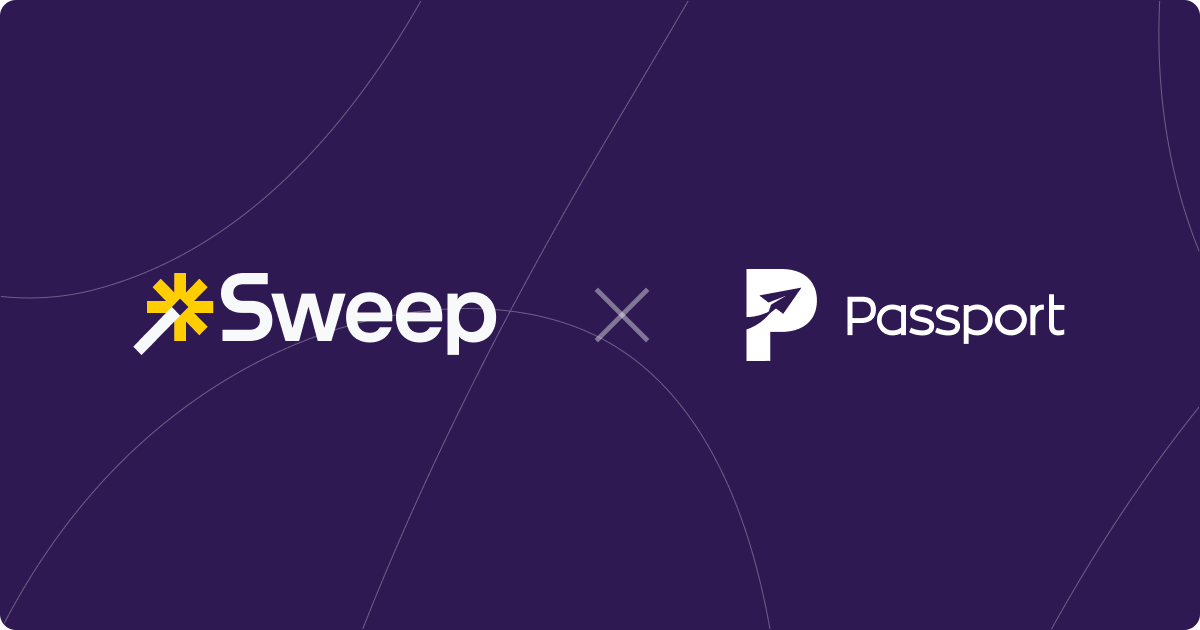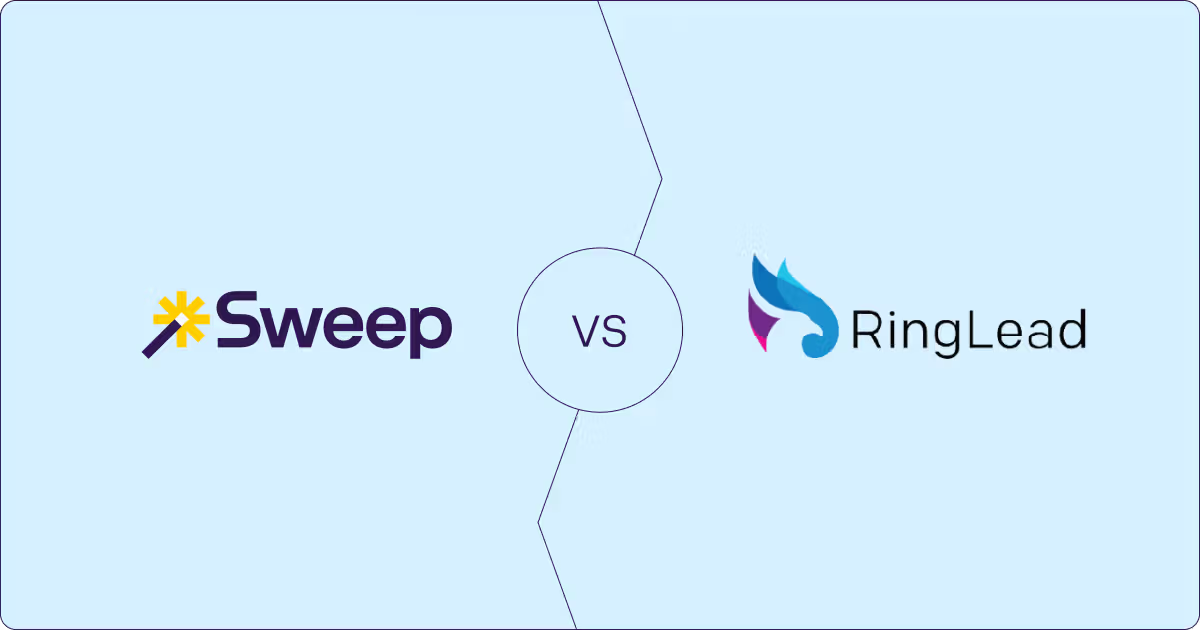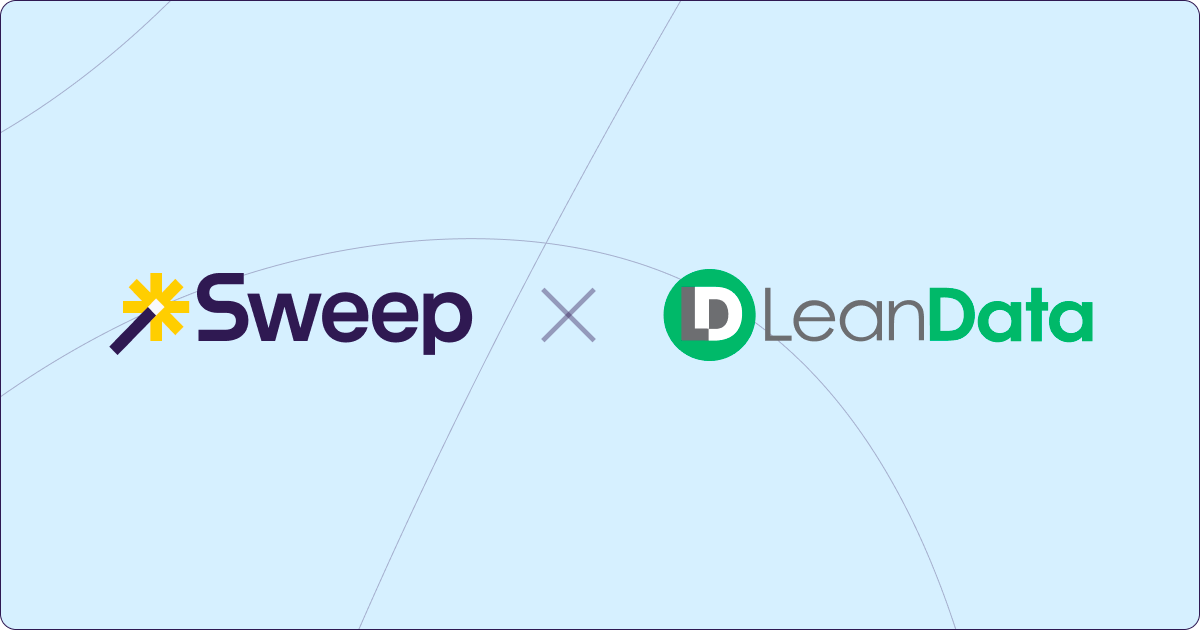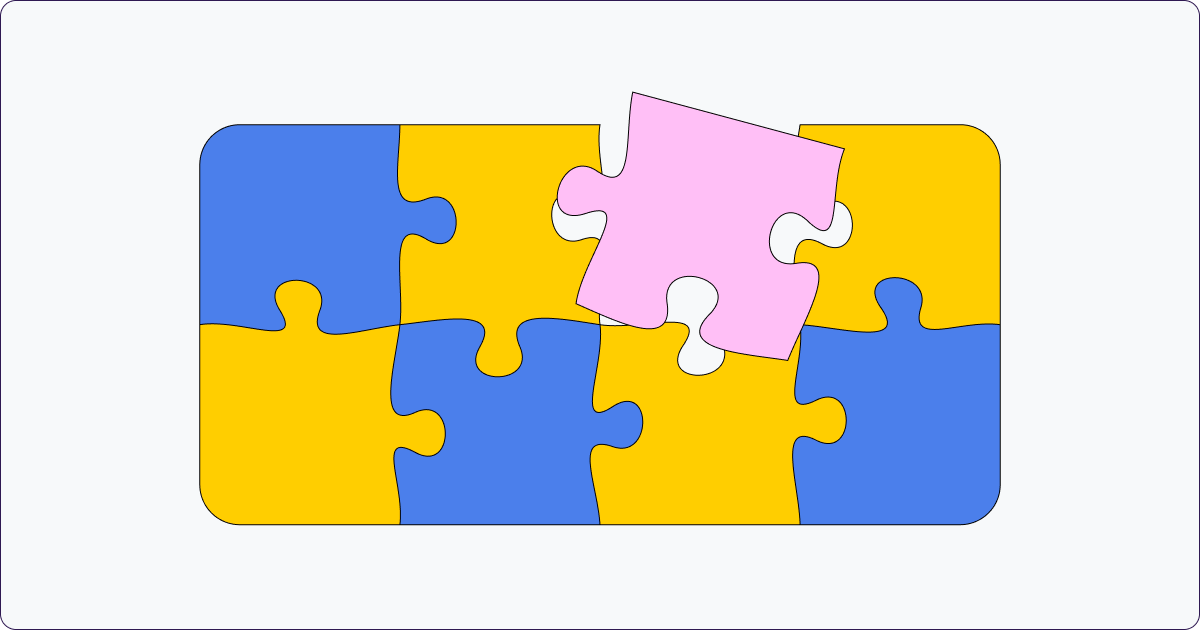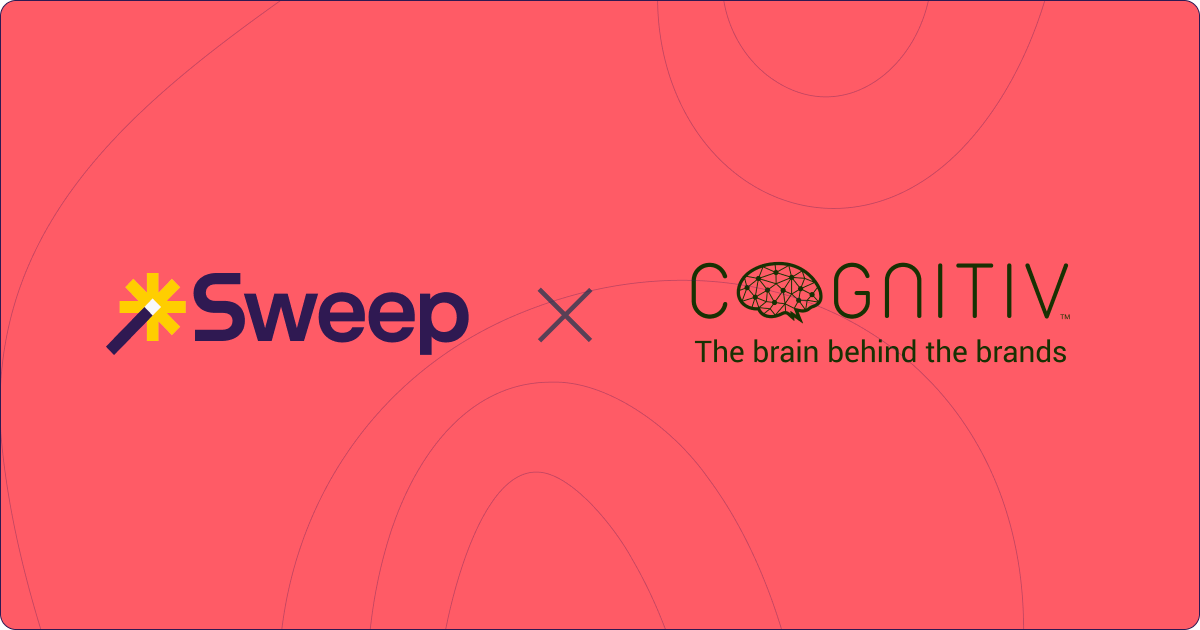

Salesforce is going all in on AI, with Agentforce leading the charge. But while the promise of AI-powered automation and intelligent agents is exciting, there’s a catch: AI isn’t a magic switch you can flip on. For AI to deliver on its potential, your Salesforce environment must be AI-ready—and that starts with data.
But data alone isn’t enough. Metadata, the structure and relationships that define your Salesforce instance, is just as critical. It provides the framework that connects objects, automations, and workflows, giving both teams and AI-powered systems the necessary context to operate effectively.
Without a solid foundation—clean data, well-structured metadata, and clear processes—even the most advanced AI tools will fall short. But what does that mean for your organization? More importantly, how can you ensure your Salesforce environment is AI-ready?
The AI revolution in Salesforce
With the launch of Agentforce in December 2024, Salesforce is moving beyond predictive and generative AI to an agentic approach, where autonomous AI agents can take action across sales, service, and marketing functions.
Salesforce’s previous AI tool, Einstein, was primarily predictive AI, helping businesses analyze past data for insights like Lead Scoring and Opportunity Insights. While this was useful, it was still reactive—predicting outcomes based on historical data rather than acting on those predictions.
Now, Agentforce takes things a step further, incorporating generative AI and autonomous agents that can act in real-time to optimize business processes. These agents leverage generative AI and automation to optimize business processes in real-time, handling tasks like customer interactions, sales routing, and service case resolutions without human intervention.
This shift is more than just an exciting innovation; it’s reshaping how Salesforce operates. According to Bloomberg, Salesforce recently laid off over 1,000 employees while simultaneously hiring for AI-focused roles, a clear indication that the company is doubling down on its AI strategy.
Marc Benioff, CEO of Salesforce, reinforced this vision, stating:
“We’re going to be building custom agents for so many of you as well with Agentforce because it’s a development platform as well as this incredible capability to radically extend your sales and service organizations.”
In other words, Salesforce isn’t just providing pre-built AI tools—it’s offering a platform for businesses to create AI-driven custom agents tailored to their specific needs. These agents will extend across multiple functions, fundamentally changing how businesses interact with customers, automate processes, and drive revenue growth.
Benioff has been vocal about the importance of data quality in AI, particularly when comparing Agentforce to AI offerings from competitors like Microsoft. He didn’t hold back in criticizing Microsoft’s AI approach:
“I just think Microsoft has done such a disservice to the whole industry with how they’ve positioned AI. I even bought it, but then I’m using it and it’s not grounded into any of my data, it doesn’t have any levels of accuracy, it was spilling data for me!”
His point is clear: AI is only as good as the data it operates on. Without structured, accurate, and well-orchestrated data, AI tools, no matter how powerful, will fail to deliver meaningful results.
For businesses looking to harness Agentforce, this highlights a crucial takeaway: AI must be positioned with data, and that data must be meticulously organized. Metadata, the framework that defines how data is structured in Salesforce, needs to be clean, consistent, and AI-ready. Without this foundation, AI-driven automation will be unreliable, inefficient, and prone to errors.
How to prepare: data and metadata orchestration
As businesses race to implement AI into their Salesforce environments, the critical first step is preparing your data. For AI to deliver meaningful results, it requires well-organized data that it can interpret and act on.
This is where metadata orchestration becomes essential. Metadata in Salesforce is the blueprint for how your data is structured and interacts within the system. If your metadata isn’t organized, AI agents will have trouble understanding and acting on it.
In order to get your Salesforce org Agentforce-ready, it’s critical to ensure that your metadata is clean, structured, and accessible. This will ensure that AI can interpret and act on the data effectively, enhancing your organization’s ability to leverage AI-driven automation and improve key business metrics.
As Salesforce, and other leading tech companies, continue to invest in AI, businesses will be expected to keep pace by getting their metadata in order. The ability to efficiently orchestrate data across your Salesforce org will not only improve your AI’s performance but will also set the foundation for automation, smarter decision-making, and smoother integrations across the board.
How Sweep helps: simplifying the AI-readiness journey
Sweep simplifies your journey to AI-readiness by streamlining key aspects of your Salesforce environment—metadata orchestration, documentation and process mapping. With Sweep’s tools, you can visualize your Salesforce setup, improve data organization, and prepare your org for AI integration.
Sweep’s visual workspace, with real-time observability and AI-powered documentation, helps you understand and optimize your Salesforce environment, ensuring your metadata is structured in a way that makes AI tools like Agentforce easy to deploy.
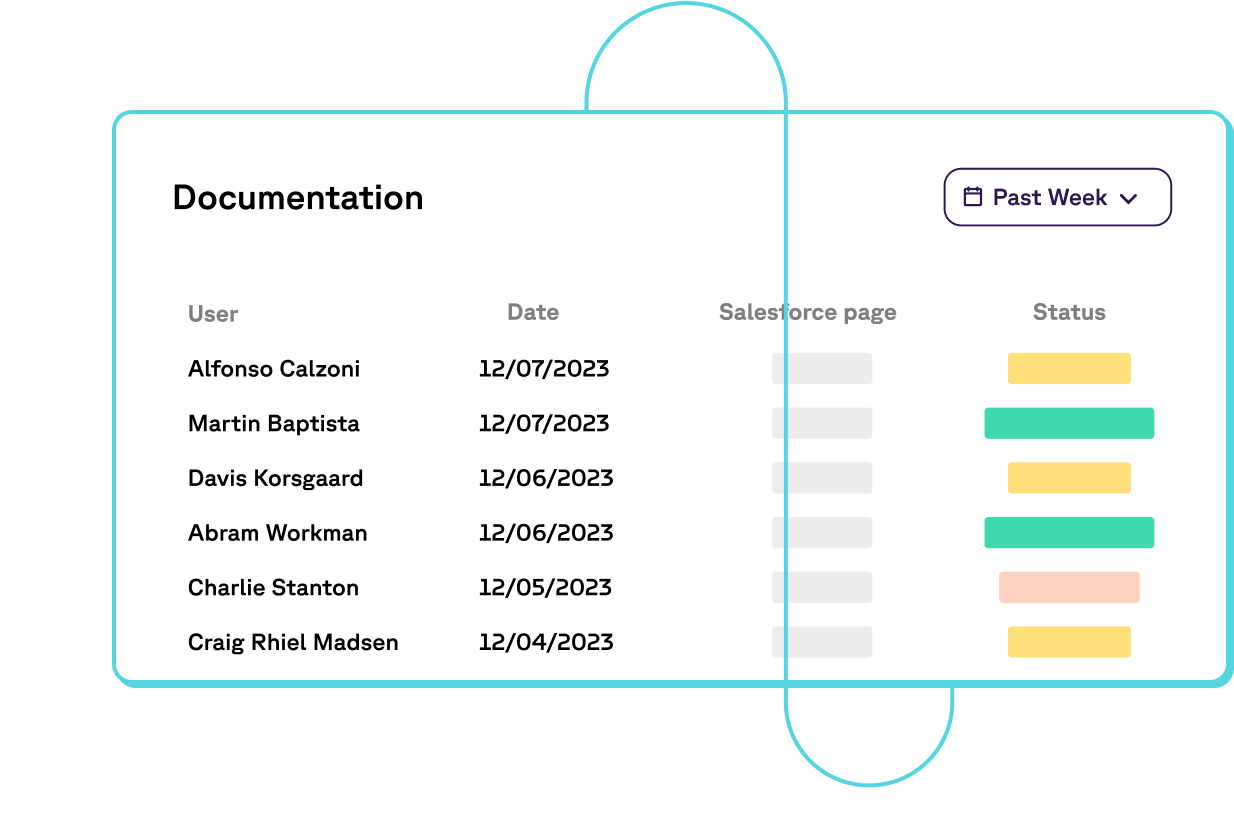
Because we understand the metadata that drives your business processes, Sweep provides an agentic layer to power process optimization agents with accurate and complete context, enabling them to continuously uncover new opportunities for efficiency and improvement.
The key takeaway here is that AI isn’t just about adding new technology—it’s about ensuring that your organization is prepared for it. A metadata-first approach is essential for any company looking to leverage AI tools like Agentforce. The better your metadata is structured, the more effectively your AI agents will be able to operate.
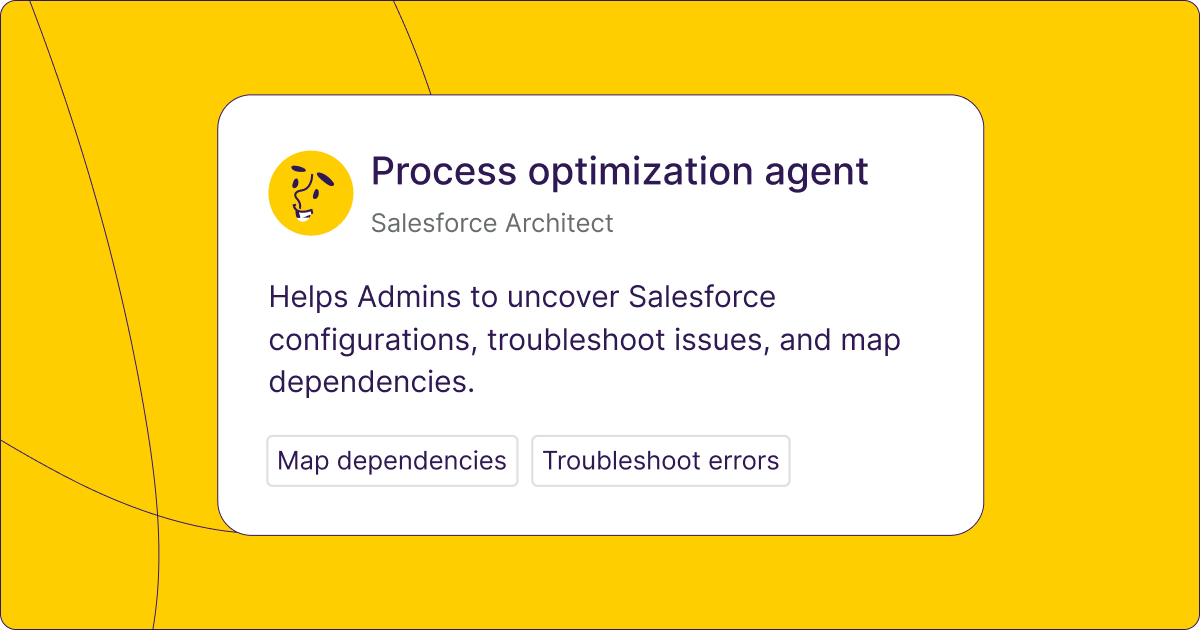
Salesforce is charging ahead with AI, and businesses must be prepared to follow suit. Organizing your data, improving your metadata, and ensuring smooth workflows will set the stage for AI tools like Agentforce to thrive in your Salesforce environment.
Get started with Sweep’s free admin tools to visualize, document, and optimize your Salesforce environment—so your team (and AI) can work smarter. Try it for free today.
